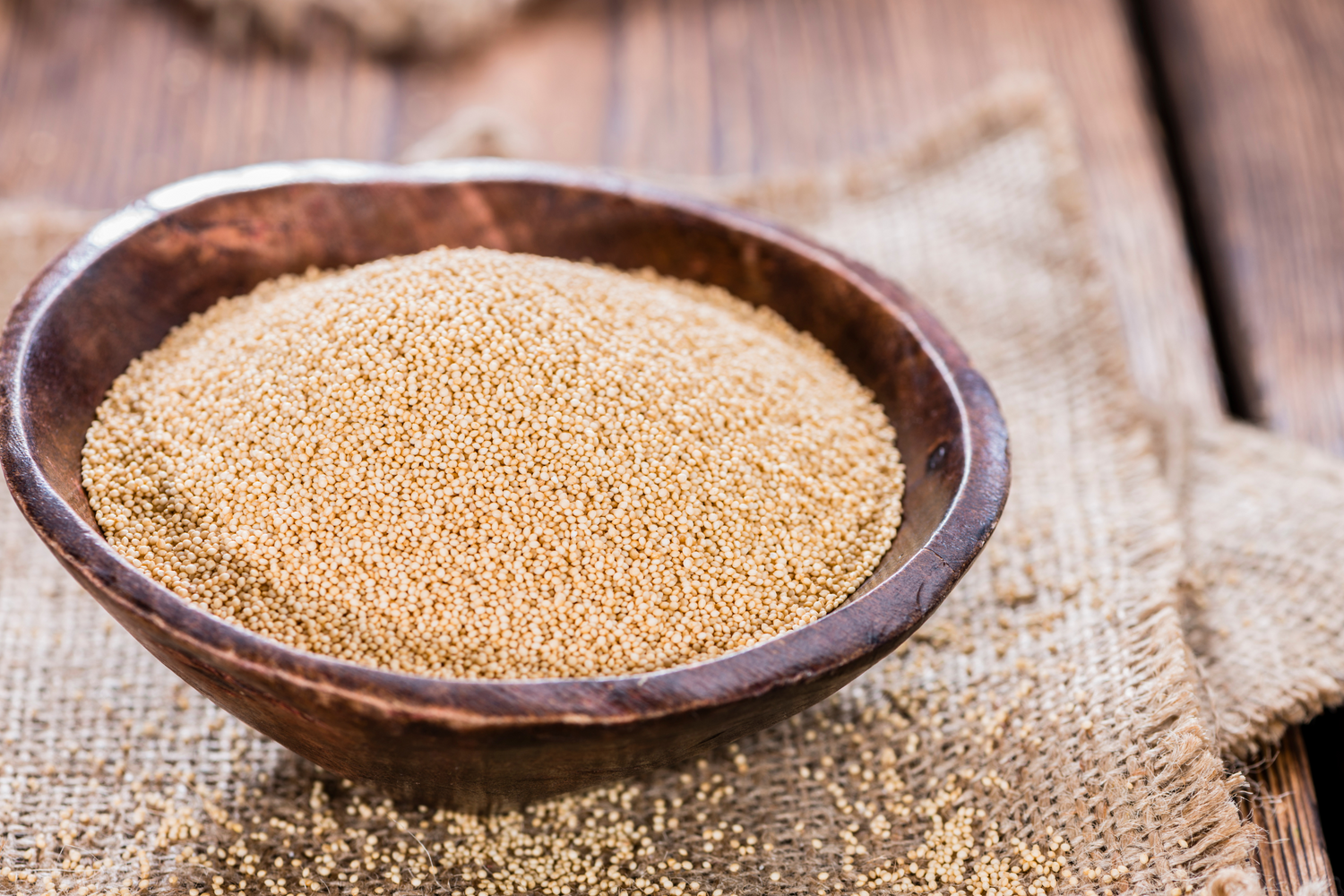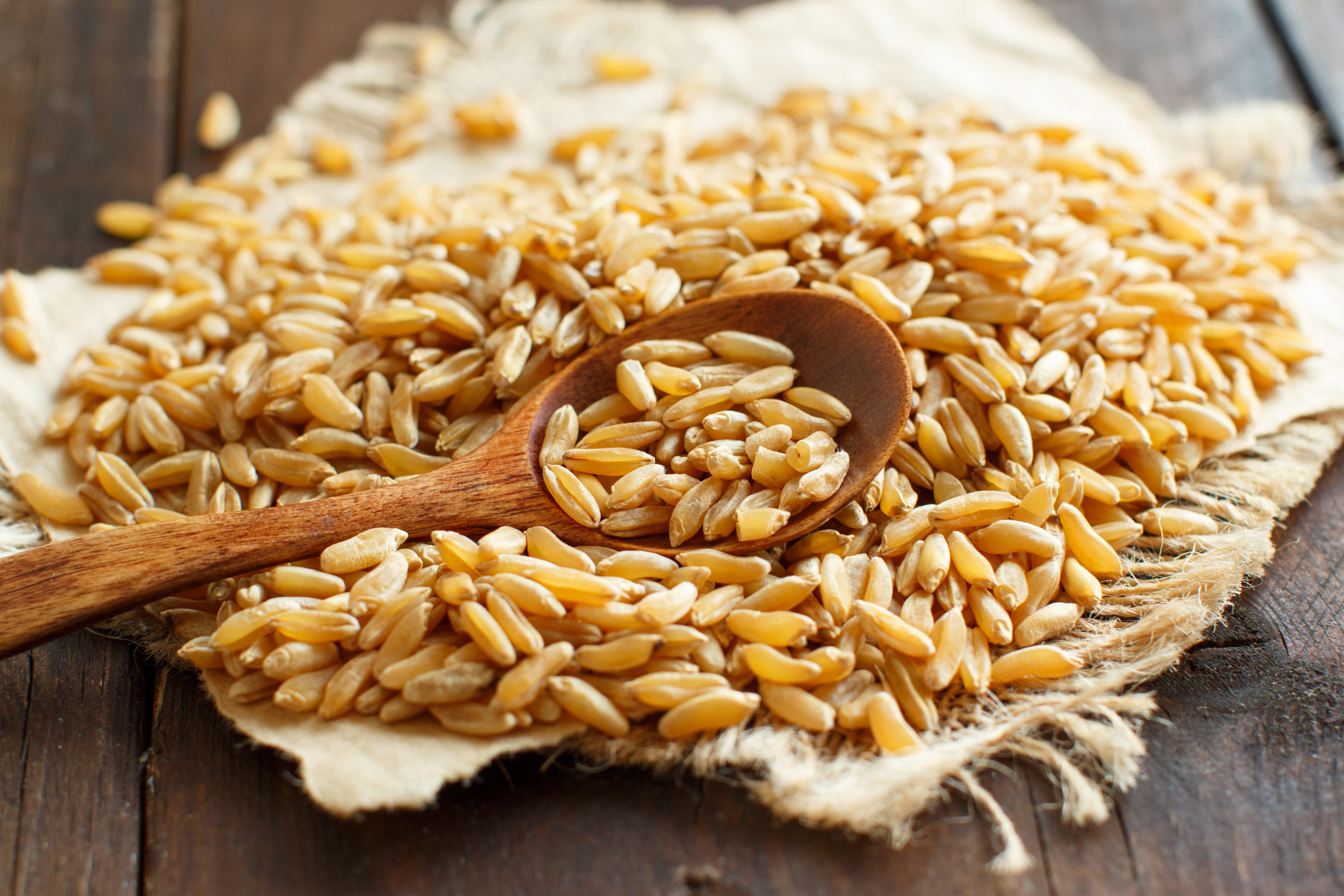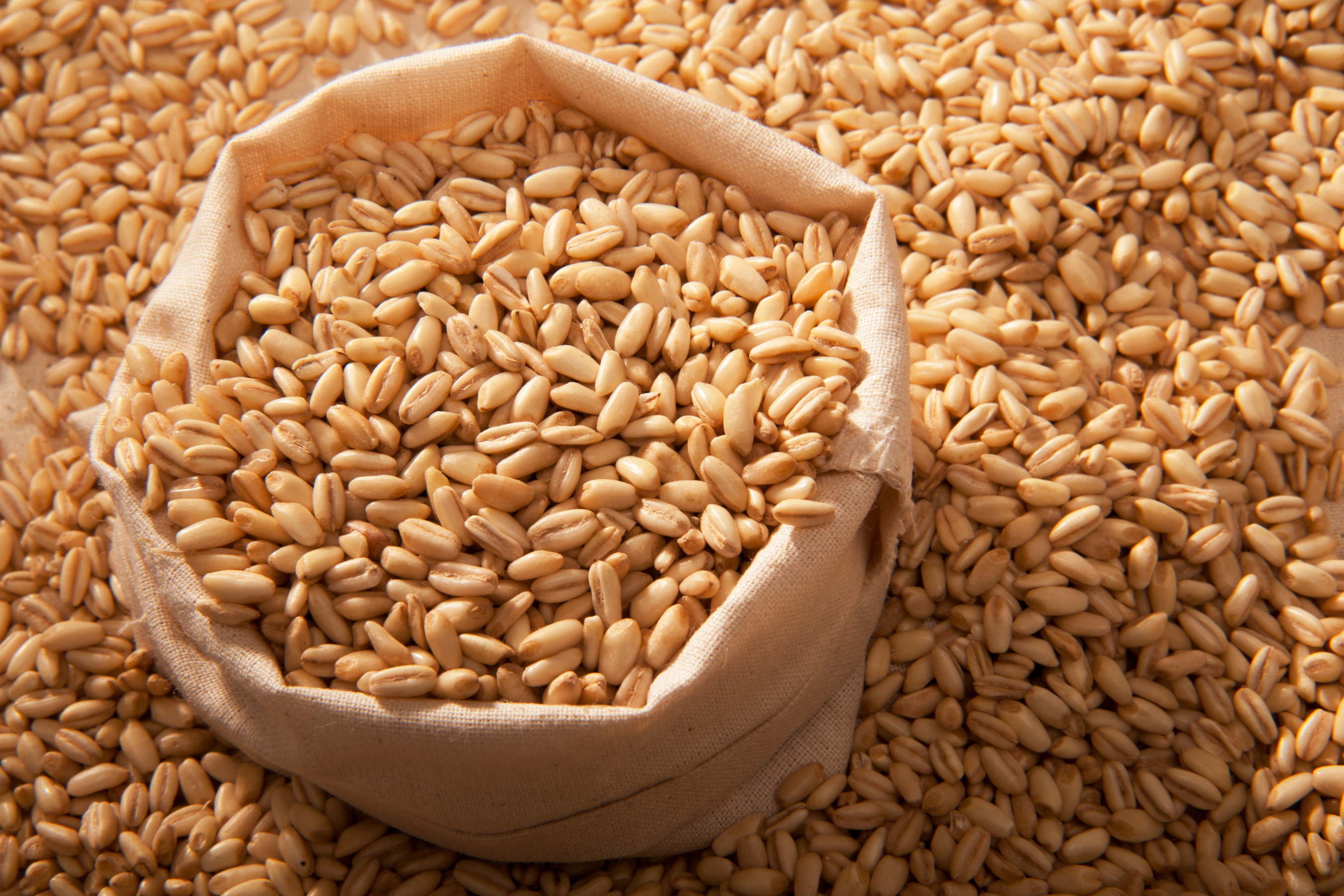Amaranth is a nutritious and versatile grain that has been consumed for centuries. It is a staple food in many parts of the world, especially in some South American and African countries. Amaranth is not only delicious but also packed with essential nutrients that make it a great addition to any diet. In this article, we will explore the history, nutritional profile, health benefits, and cooking tips of amaranth grain and flour.
A Brief History of Amaranth
Amaranth has a long and fascinating history, dating back thousands of years. It was a staple food among the Aztecs and was often used in their religious ceremonies. The Aztecs believed that amaranth had mystical properties and that consuming it would give them supernatural strength.
Ancient Cultivation and Uses
Amaranth was cultivated for centuries by indigenous farmers in Mesoamerica. They used the plant for food, medicine, and even as a dye. The Aztecs would cook amaranth with honey or agave syrup to make a sweet and nutritious snack known as "alegría."
Aside from its culinary uses, amaranth also had a significant role in Aztec mythology. The plant was associated with the god Huitzilopochtli, who was often depicted holding an amaranth plant. According to legend, Huitzilopochtli was born from an amaranth plant, and it was believed that amaranth represented the god's blood and therefore had sacred significance.
During the Spanish conquest of the Aztecs, the Spanish tried to suppress the use of amaranth due to its association with pagan rituals. However, the plant continued to be used in secret by the indigenous people.
Rediscovering Amaranth in Modern Times
After the Spanish conquest of the Aztecs in the 16th century, amaranth fell out of favor and was almost forgotten. However, it was rediscovered in the 1970s by researchers who were interested in its nutritional value. Since then, amaranth has gained popularity around the world and is now cultivated in many countries.
Amaranth is a highly nutritious plant, rich in protein, fiber, and many essential vitamins and minerals. It is also gluten-free, making it a popular alternative for people with celiac disease or gluten intolerance.
Aside from its nutritional value, amaranth is also known for its versatility in the kitchen. It can be used in a variety of dishes, from soups and stews to baked goods and breakfast cereals. Some people even use amaranth as a substitute for rice or quinoa.
In addition to its culinary uses, amaranth is also used in traditional medicine. It is believed to have anti-inflammatory and antioxidant properties and may help lower cholesterol and blood pressure. Some studies have even suggested that amaranth may have anti-cancer properties.
Overall, amaranth is a fascinating and versatile plant with a rich history and many potential benefits. Whether you're looking for a nutritious and delicious ingredient for your next meal or exploring the world of traditional medicine, amaranth is definitely worth considering.
Nutritional Profile of Amaranth
Amaranth is a nutritional powerhouse that contains a wide array of essential vitamins and minerals. Here is a breakdown of the key nutrients found in amaranth:
Amaranth has been a staple food in many cultures for centuries, and for good reason. Not only is it delicious, but it is also incredibly nutritious. This ancient grain is packed with a variety of essential vitamins and minerals that are vital for maintaining good health.
Macronutrients and Calories
Amaranth is an excellent source of complex carbohydrates, protein, and fiber. It is also low in fat and calories, making it a great food for weight management. A cup of cooked amaranth contains approximately 250 calories, 46 grams of carbohydrates, 9 grams of protein, and 5 grams of fiber.
Complex carbohydrates are an essential source of energy for the body, and fiber helps to keep the digestive system healthy. Protein is also crucial for building and repairing tissues in the body.
Vitamins and Minerals
Amaranth is rich in essential vitamins and minerals, including calcium, iron, magnesium, phosphorus, and potassium. It is also a good source of vitamins B and E. These nutrients are essential for maintaining healthy bones, strong muscles, and a robust immune system.
Calcium is crucial for building and maintaining strong bones, while iron is essential for the production of red blood cells. Magnesium is important for maintaining healthy muscles and nerves, and potassium helps to regulate blood pressure. Phosphorus is also necessary for healthy bones and teeth, and vitamins B and E are important for overall health and wellbeing.
Antioxidants and Phytonutrients
Amaranth contains a range of antioxidants that protect the body against free radicals. These antioxidants, including vitamin E, ferulic acid, and squalene, can help reduce inflammation and the risk of chronic diseases such as heart disease and cancer.
Ferulic acid, in particular, has been shown to have anti-inflammatory and anti-cancer properties. Squalene is a natural antioxidant that can help protect the skin from UV damage, and vitamin E is essential for maintaining healthy skin and eyes.
Overall, amaranth is an incredibly nutritious food that should be incorporated into any healthy diet. Whether you are looking to manage your weight, improve your digestion, or boost your overall health, amaranth is an excellent choice.
Health Benefits of Amaranth
Amaranth has been used for centuries as a staple food in many cultures, and it's no wonder why. This small, gluten-free grain is packed with nutrients and has numerous health benefits, making it an excellent addition to any diet. Here are some of the most notable health benefits:
Supports Heart Health
Amaranth is rich in fiber, which can help reduce cholesterol levels and lower the risk of heart disease. It also contains potassium, which helps regulate blood pressure and support cardiovascular health. Studies have shown that consuming amaranth can help reduce the risk of heart disease and stroke, making it an excellent choice for those looking to improve their heart health.
Aids in Digestion and Gut Health
Amaranth is an excellent source of fiber, which can help improve digestion and prevent constipation. The fiber in amaranth also acts as a prebiotic, helping to support the growth of beneficial gut bacteria. This can lead to improved gut health, which has been linked to numerous health benefits, including a stronger immune system and better mental health.
Boosts Immune System
Amaranth is an excellent source of vitamins and minerals that are vital for a healthy immune system. These nutrients, including vitamin C, iron, and zinc, can help fight off infections and strengthen the body's natural defenses. In addition, amaranth contains antioxidants, which can help reduce inflammation and protect against chronic diseases.
Promotes Weight Management
Amaranth is a low-calorie food that is rich in fiber and protein, making it great for weight management. The fiber in amaranth can help reduce appetite and promote feelings of fullness, while the protein can help support muscle growth and metabolic function. This makes amaranth an excellent choice for those looking to lose weight or maintain a healthy weight.
Improves Bone Health
Amaranth is an excellent source of calcium, magnesium, and phosphorus, all of which are vital for maintaining strong bones. These nutrients can help prevent osteoporosis and other bone-related disorders. In addition, amaranth contains vitamin D, which is necessary for the absorption of calcium and the maintenance of healthy bones.
Overall, amaranth is a nutritious and versatile grain that can provide numerous health benefits. Whether you're looking to improve your heart health, boost your immune system, or maintain a healthy weight, amaranth is an excellent choice to add to your diet.
Cooking with Amaranth Grain and Flour
Amaranth is a versatile grain that has been cultivated for thousands of years. Originally grown by the Aztecs, amaranth was considered a sacred crop and was used in religious ceremonies. Today, amaranth is known for its unique nutritional profile and delicious nutty flavor. Here are some tips for cooking with amaranth grain and flour:
Preparing Amaranth Grain
Amaranth grain can be cooked like rice or quinoa. However, unlike these other grains, amaranth does not need to be soaked before cooking. Simply rinse the grains and add them to boiling water or broth. The grains will absorb the liquid and become tender in about 20-25 minutes. Use amaranth grain as a base for salads, soups, and stews. For a flavorful twist, try cooking amaranth in coconut milk or adding herbs and spices to the cooking liquid.
Amaranth Flour in Baking
Amaranth flour is a great alternative to traditional wheat flour. Not only does it add a nutty flavor to baked goods, but it is also packed with nutrients like protein, fiber, and iron. Use amaranth flour in place of wheat flour in muffins, bread, and pancakes. Keep in mind that amaranth flour is gluten-free, so it may not rise as well as wheat flour. To help your baked goods rise, try adding a little extra baking powder or baking soda to the recipe.
Creative Amaranth Recipes
If you're looking for some creative ways to use amaranth, here are a few recipes to try:
- Amaranth Porridge with Berries and Nuts: Cook amaranth grain with milk, honey, and cinnamon, then top with fresh berries and chopped nuts for a hearty breakfast.
- Amaranth-Stuffed Peppers: Mix cooked amaranth with sautéed vegetables and cheese, then stuff into bell peppers and bake until tender.
- Amaranth and Black Bean Salad: Toss cooked amaranth with black beans, corn, tomatoes, and a lime vinaigrette for a flavorful and filling salad.
- Amaranth-Raspberry Mini Muffins: Combine amaranth flour with almond flour, coconut sugar, and fresh raspberries to make delicious and nutritious mini muffins.
Amaranth is not only delicious, but it also offers numerous health benefits. This ancient grain is high in protein, fiber, and minerals like iron and magnesium. It has been shown to support heart health, boost the immune system, and improve digestion. With its rich history and versatile uses, amaranth is a grain worth exploring in your culinary adventures.









Leave a comment
All comments are moderated before being published.
This site is protected by hCaptcha and the hCaptcha Privacy Policy and Terms of Service apply.